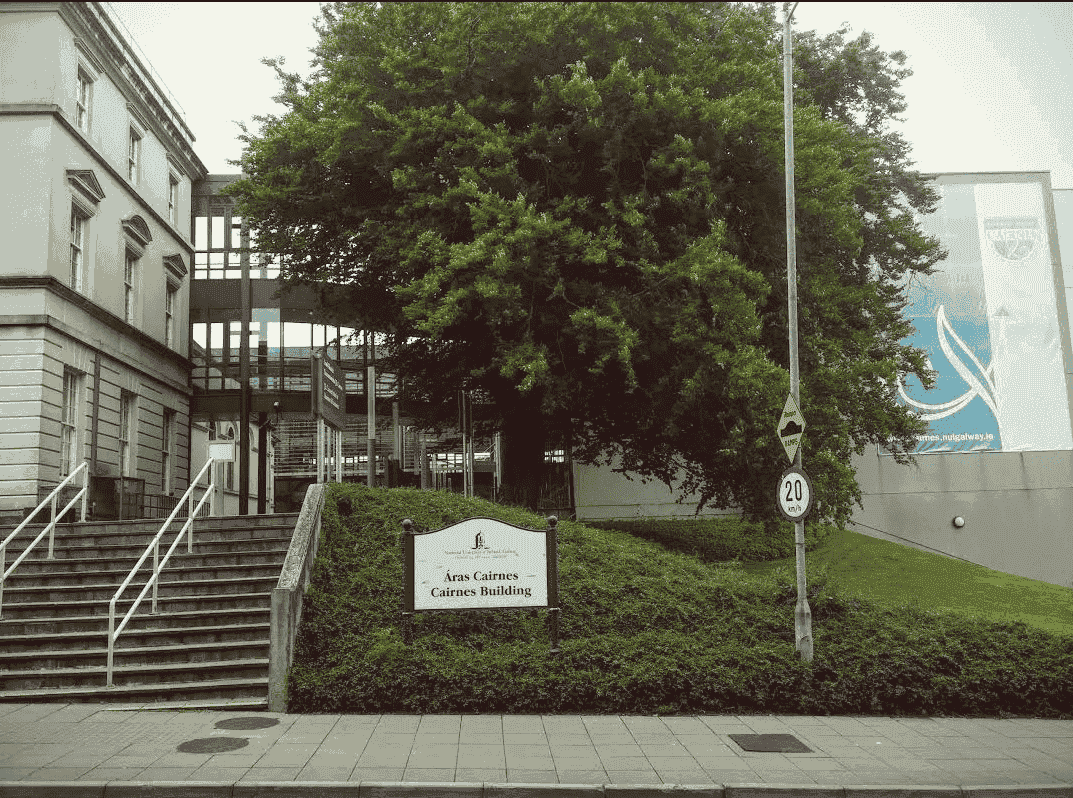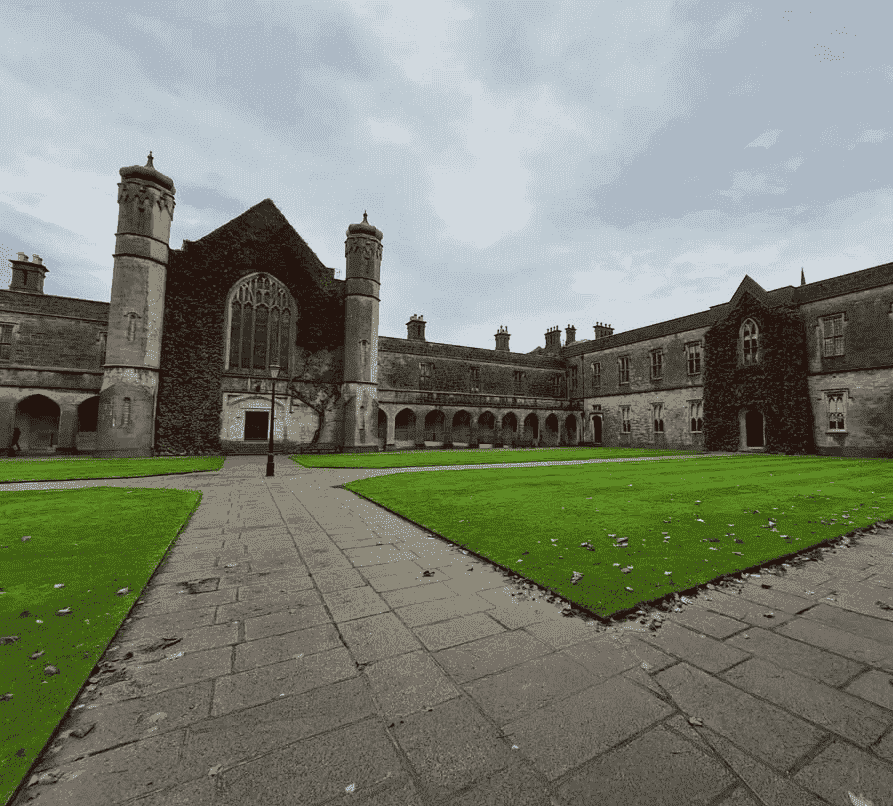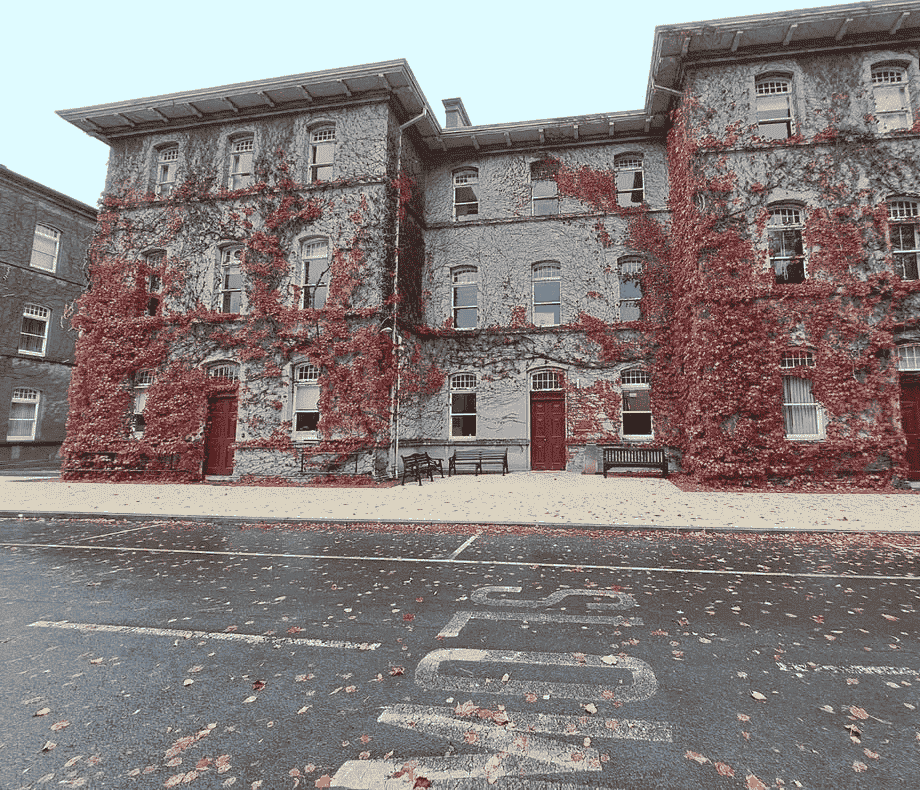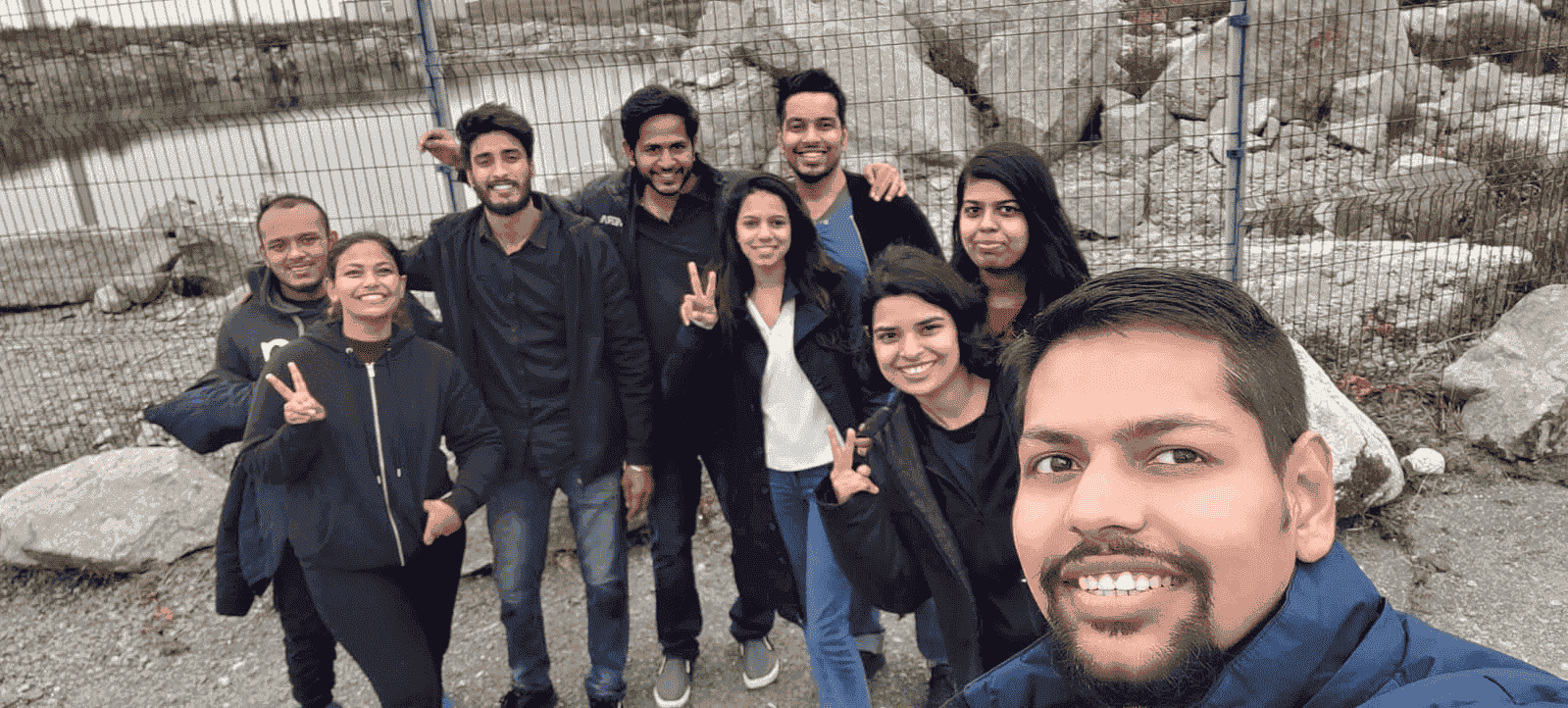What Students Say
Likes
- It is an old reputed college with a great world ranking
- It has great academic staff, experienced faculty
- Has great infrastructure and facilites within the campus
Dislikes
- There are too many home assignments and inadequate classroom teaching
- Course fee is too high in respect to skills that were taught
- Less innovation and bit outdated curriculum for my course
Course Curriculum
- My course was more theoretical with lots of group assignments. The difficulty level was moderate but one needs to read a lot to be able to complete the assignments properly.
- I think the course would have been better if we had gotten more chances to discuss and make PPTs and present them. Make real-time strategies and pitch them. The good thing about the course was we had got a fair understanding of a lot of management-related subjects in just one year.
- The classes were held 3-4 days a week. Most of the time, there were two classes in a day which were of average duration 2 hours. Classes can happen anytime: mornings, noon, afternoons, or evenings. I had 35 students in our class, out of which 15 were from India.
Admission Experience
-
I had applied for the following universities:
- University College Dublin (UCD) – Rejected
- University of Limerick (UL) – Accepted
- University of Galway (UoG) – Accepted
- UCD rejected me, as it is among the top 2 universities in the country and selection is not easy. I think my grades in my bachelor's did not meet their criteria for admission. And I applied to the universities quite late (in April, session starts in September), while applications to courses in September intake starts around November. Late application isn't recommended.
- I wanted to study at any university which has a great World Ranking (under 300) and is not that heavy on the pocket. So I applied to three universities, as stated in my earlier response. I could have chosen University of Limerick over Galway, as UL was cheaper but i researched more about the ranking and reputation of both, and Galway was the clear winner.
- It was easy. Everything was online. I needed to pay an application fee of 35 Euros. I submitted all the documentation requested, like scanned copies of my CV; marksheets of 10, 12 and Bachelors; a reference letter from college and the company i was working for in India; an IELTS scorecard; a GRE scorecard (not required but i sent them anyway, as i had it); technical certificates; and a Gate scorecard (as i qualified it) and a motivation letter.
- I applied for intake starting in September 2021 and ending in August 2022. I always wanted an MBA from a high-ranking institution but an MBA was expensive so I decided to study International Management whose curriculum was somewhat similar to a mini MBA and was pocket friendly.
- My class was starting in Sept 2021 and I applied to the course in June 2021 and got accepted within 15-20 days, after which i applied for loan and booked my appointment for a visa in Delhi. I collected all my documents and went to the visa office in early July 2021 and after 45-60 days, I got my visa and I flew to Ireland soon.
Faculty
- Faculty-to-student ratio varied from subject to subject but it was approx. 1:40 tentatively. The more the students, the less the quality and effectiveness of the class.
- The teaching methodology varies a lot from faculty to faculty. Some were very great; some were moderate. I don't think course content and teaching methodology are of any use to find a job, as there is a gap between course and industry needs.
- Yes, there was a training and placement cell (not so good). They try to help students with some opportunities by sharing them in a private Linkedin group and university email.
- I admired the faculty of Strategic management; she had a german origin. She was very strict but made sure that every student in class participates actively and students were expected to read the topic before coming to the class and the class was very interactive.
Campus Life
- As far as I know there are two campuses (one main campus and another for hotel management in Shannon). Within the main campus, there are different buildings for each department (like business, law, medicine, engineering, arts, etc.).
- The university has a big library with ample seating spaces. Sports facilities are also nice; it has open and closed arenas available for different sports, and it also has a great swimming pool. Everything is paid and needs to be booked in advance.
- There are various fest and clubs available that can cater to various interests of students but one of the biggest fest is Galway International Arts Festival which hosts different musicians, artists, theatre, etc.
- There are some cool clubs like rowing, hurling, swimming, student councils, campus ambassadors, etc. One can participate as per their interests and can get more visibility and increased networking amongst their peers.
Part Time Jobs
- There are very few opportunities related to TA/RA or DA positions, as most of them are covered by faculty themselves. But one can get an opportunity in this area if he keeps a good academic history and visibility among the lecturers. One needs to be very quick and resourceful in finding this opportunity, as these are not generally advertised widely.
- The pay at my time was really good; it was 25 euros per hour, while the minimum working wage was just around 10 euros.
- Students can work 20 hours per week during the term or study session and 40 hours per week in the holiday season, which is fixed for all the universities within Ireland (June to September and mid-December to mid-January). It is very difficult to get on-campus part-time jobs.
- Students earn the minimum working wage (around 13 euros). Most of the students get part-time jobs in food joints, fuel stations, hotels, and restaurants. It is not very hard to find a part-time job outside university but one has to be active and quick to apply whenever they see any opportunity. Networking helps a lot, as recommendations can get you a part-time job without a resume or an interview.
Placement
- Around 50% of the batch secured employment within 6 months of completing the course but it was difficult for non EU candidates to secure a sponsorship.
- Average salary range was around 40K euros per year. It varies greatly with the experience and domain you are into.
- Almost all of the students secure jobs via linkedin. There is an active training and placement cell in the university but it is not that helpful for non eu folks.
- My batchmates are working in MNCs and a few small companies as well. The prominent companies in which my batchmates work are Mastercard, Solarwinds, Glanbia, IBM, and Valeo.
- Some students faced lots of hardships to secure a job and some were placed as soon as the session got finished. It all depends on your skills, your presentation and soft skills, how well you sell yourselves and a lot on luck.
- There are some companies that hire graduates or entry-level candidates. Deloitte, KPMG, PWC, GT, Amazon, etc., hire graduates.
Accommodation
- I found accommodation through a friend's recommendation. There are various platforms or sources where one can get leads, like university help, daft.ie (local website), galway advertisers (local publisher), facebook groups, whatsapp groups and via friends (most helpful).
- My monthly rent was 500 Euros for accommodation (all utilities extra). I had to pay extra for Wi-Fi, electricity, laundry, and bins.
- It is a bit tough to sort out the accommodation, as there is huge demand but very less supply. Landlords have become greedy and they take advantage of this situation by charging unreasonable prices for the room, but as students have no option, they need to take that room.
- My accommodation was around 2.5 km away from the university.
Exams
- The English exam was mandatory for the application process. So i gave Duolingo (as it was accepted during year when there was Covid); otherwise, one can give IELTS as well. I also submitted my GRE scorecard, as i had it with me (although it is not required).
- Important documents are Statement of Purpose, a resume/CV in a proper format (european), Letter of recommendation from your past college/university and employer, and marksheets (10th, 12th, BTech). There was no interview as part of my admission process.
Fees
- I was in session 2021-22 and my tuition fee was 18,000 Euros in total which was paid in two parts. Half was paid to register for a seat in college, as it is required to get a visa. Another half installment was to be paid within 3 months after the start of the session.
- Other than tuition fees, there was an expenditure of around 1000 Euros per month for accommodation, food and other utilities. Of this 1000 euros, around 500-700 euros might go to rent, 200 euros in food and 100 euros to any other expense.
Scholarship
- I did not get any scholarship. It's very tough to get one. None of my friends got the scholarship. But i have heard one chinese student from my class got a 50% scholarship as he was having his own startup in China, so he showcased that he can be a great addition to the cohort of students and can bring some great ideas for entrepreneurship and innovation.
- There is no fixed number of scholarships given to students in a particular course. It all depends on the panel that decides this.





.jpg)
.png)
.png)

.png)
